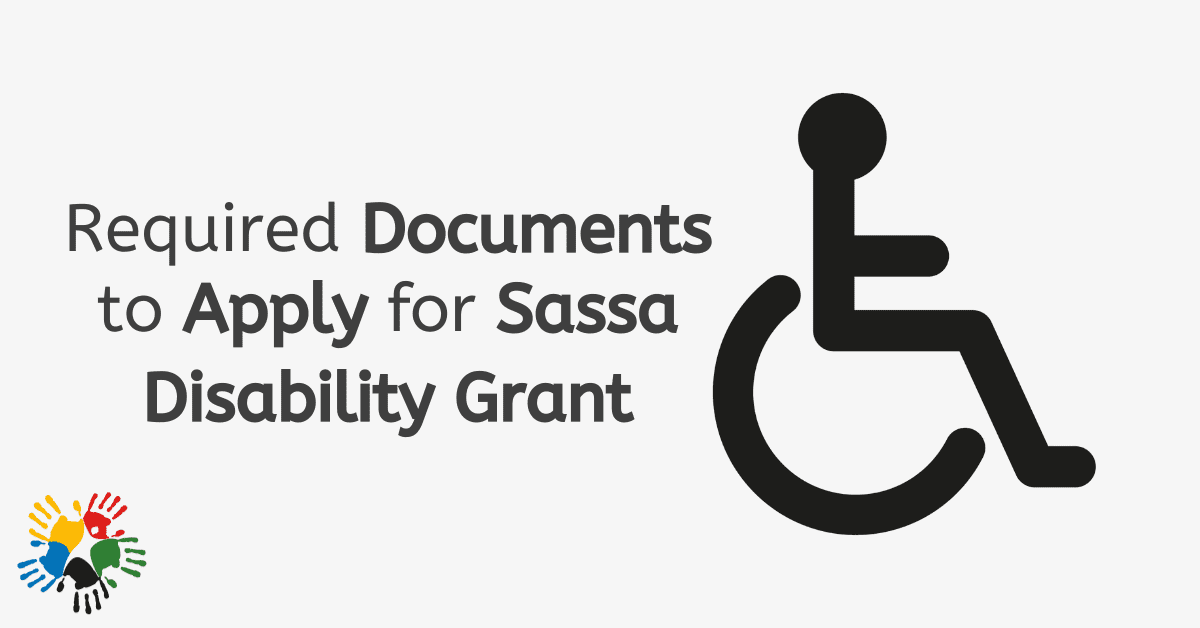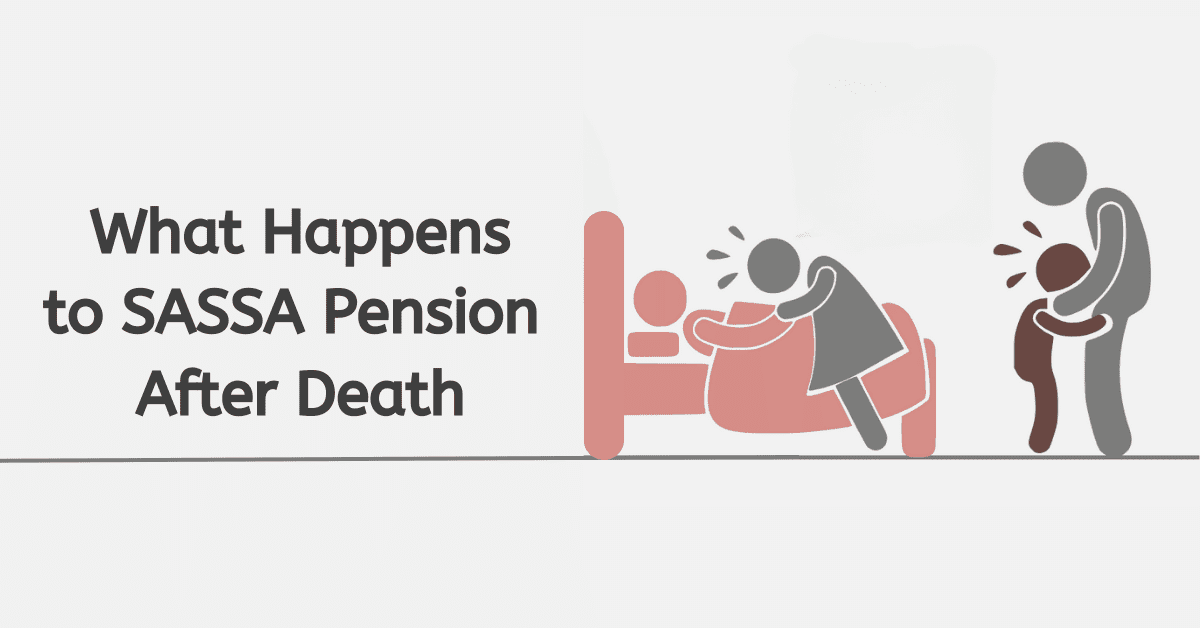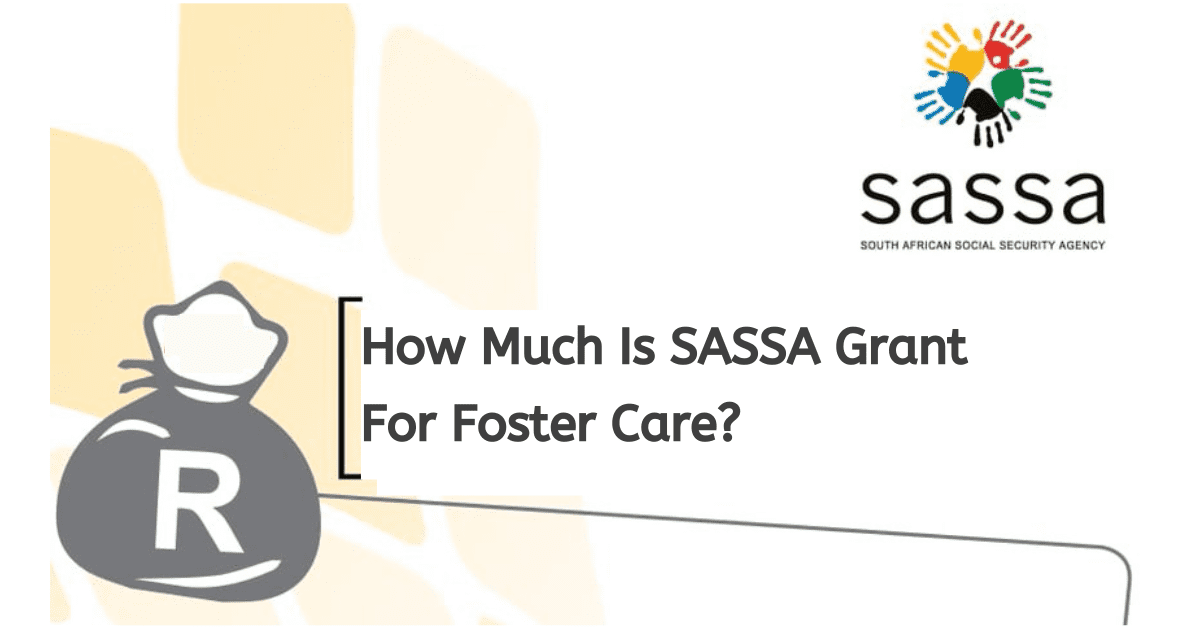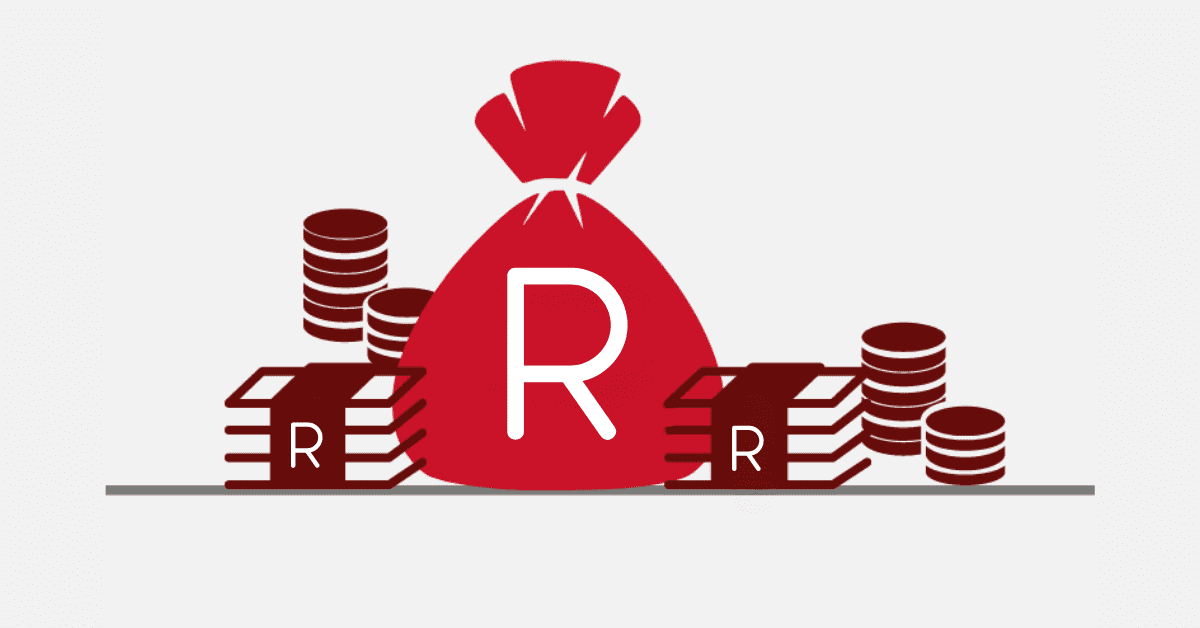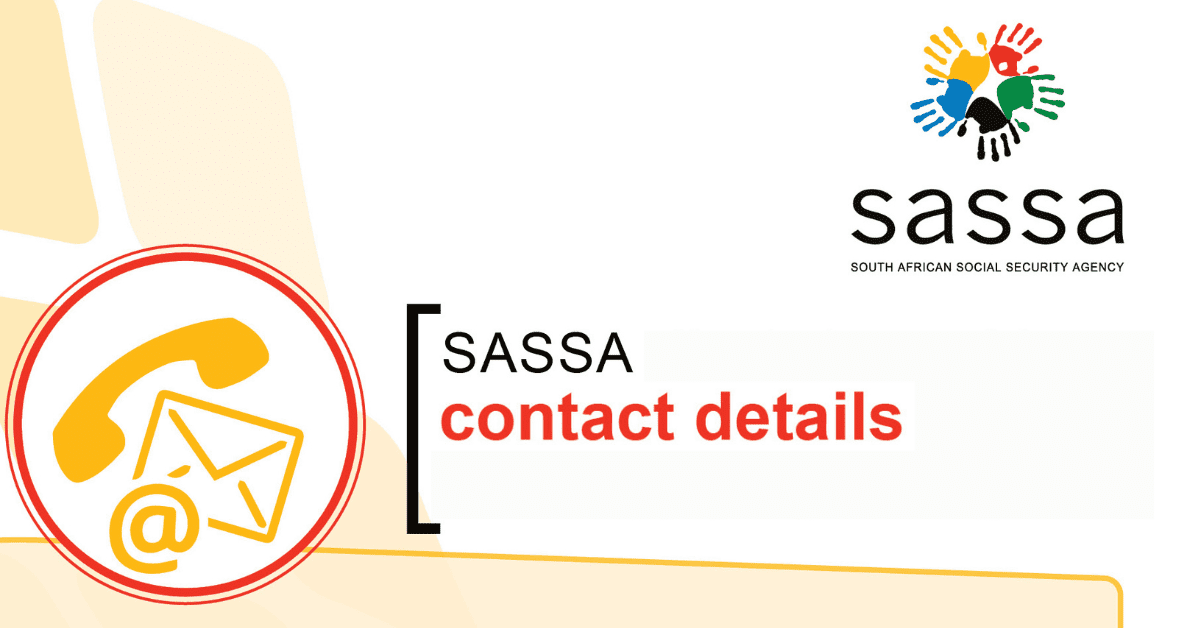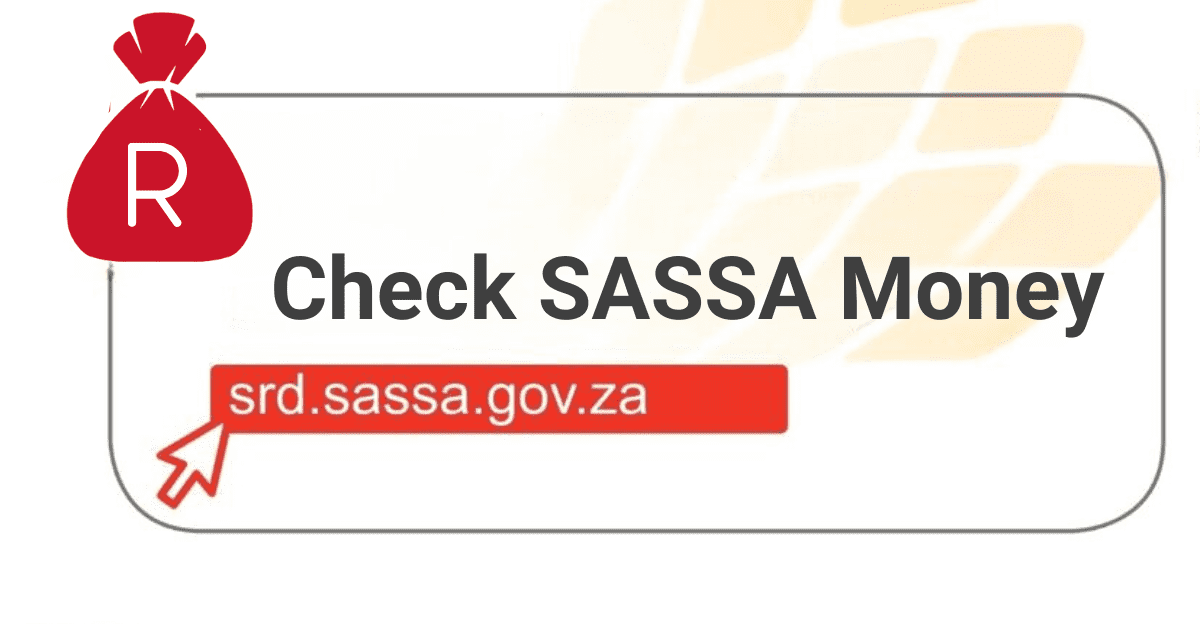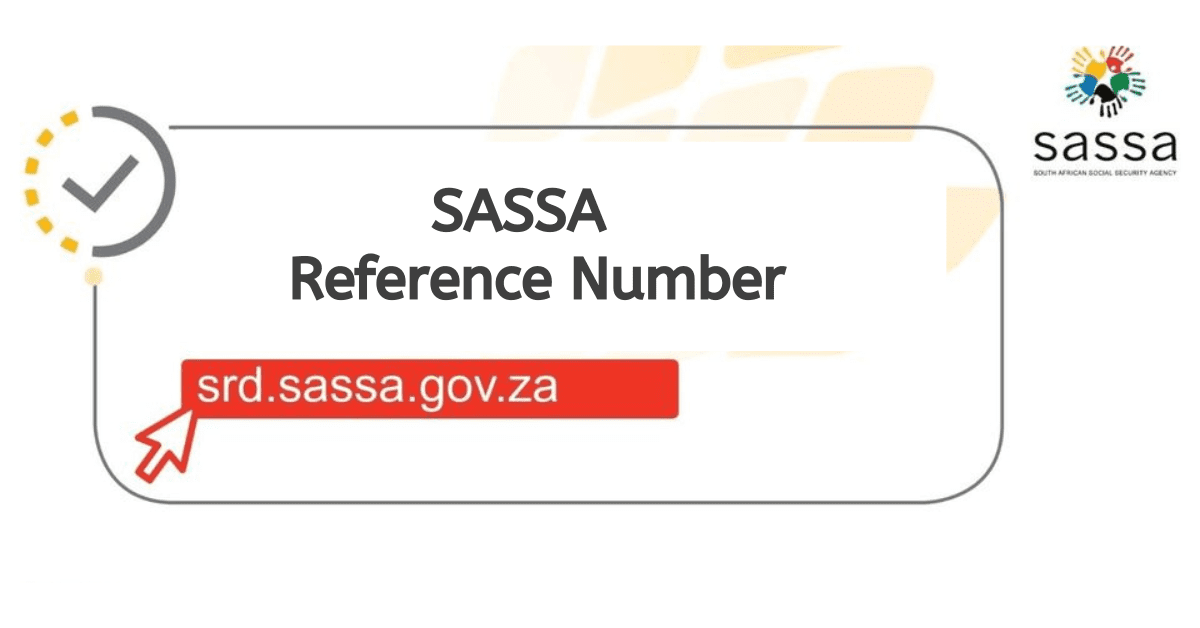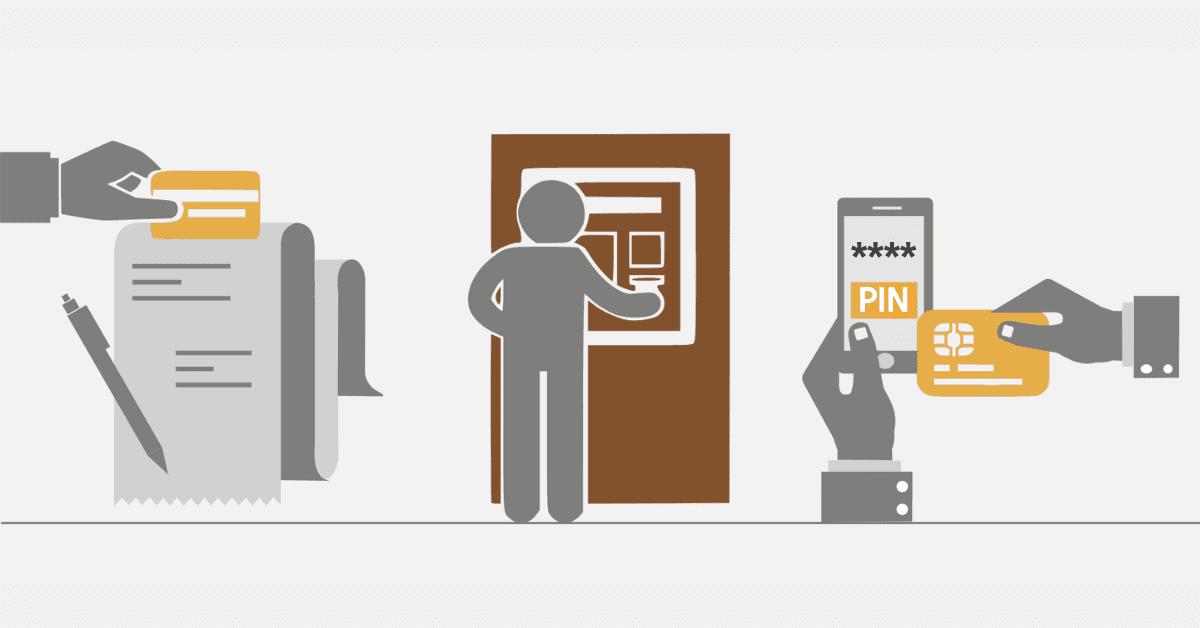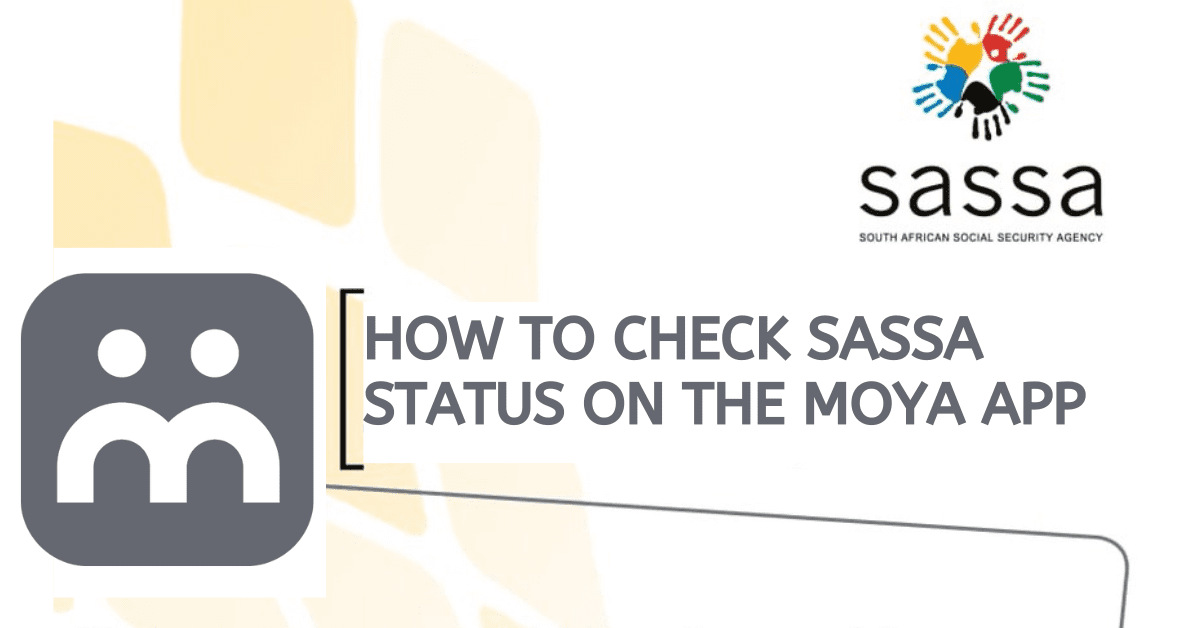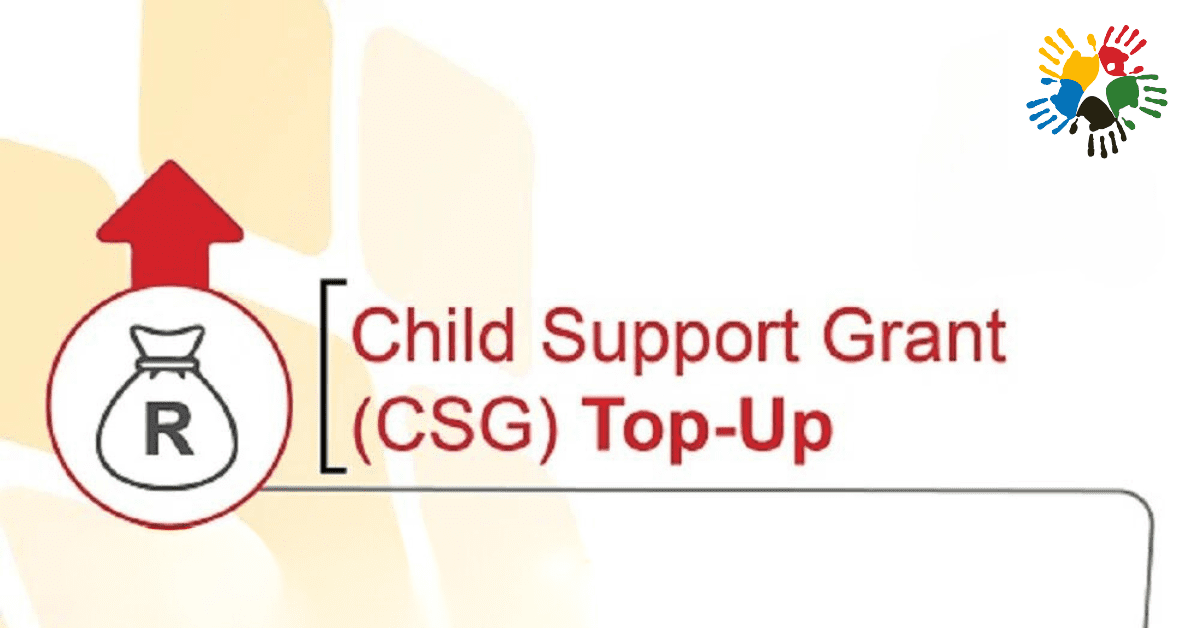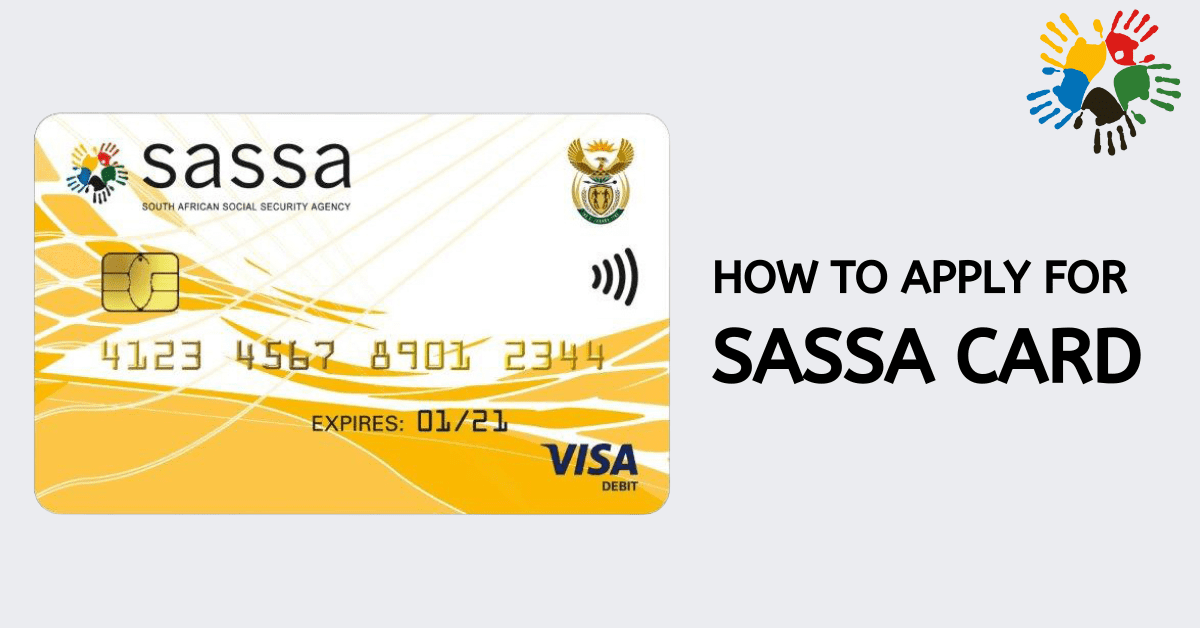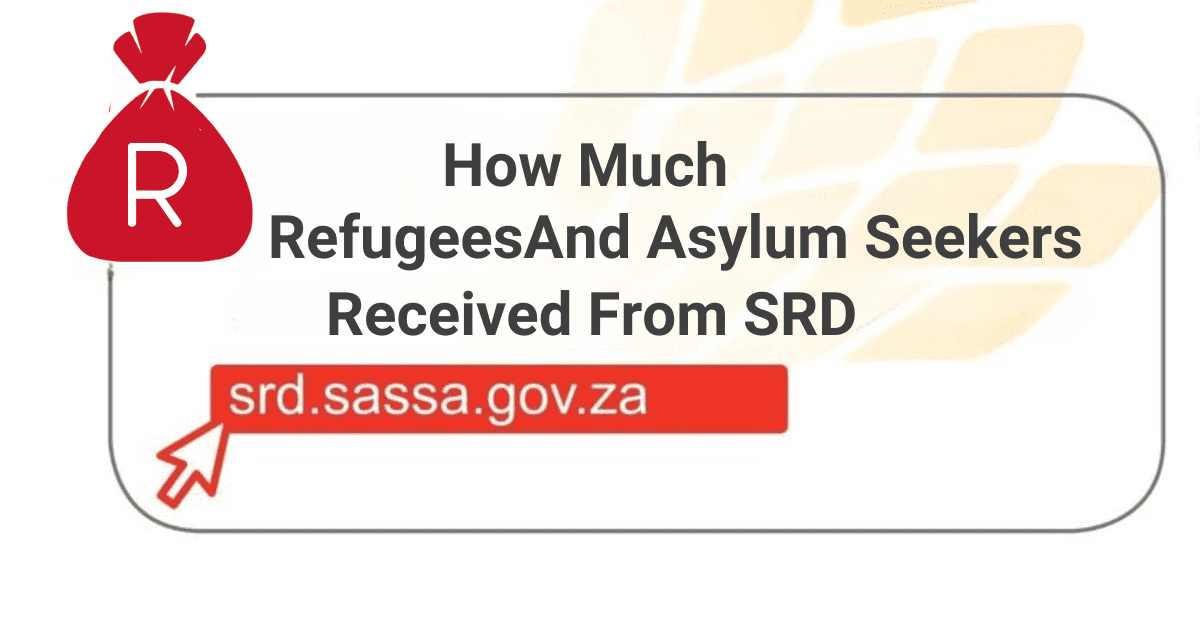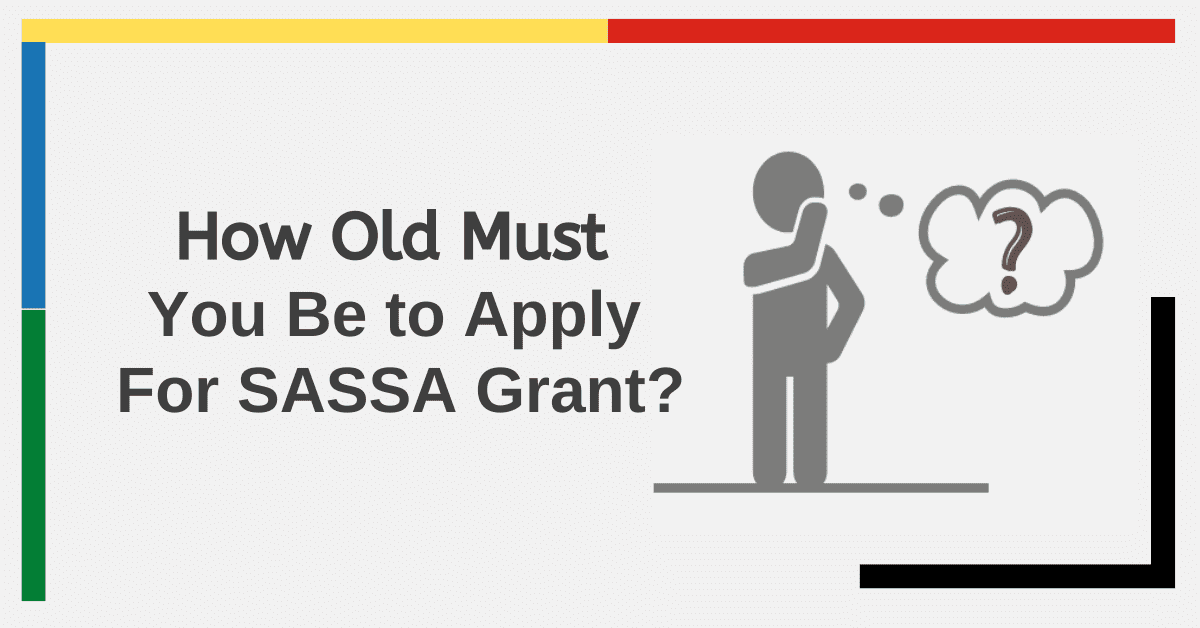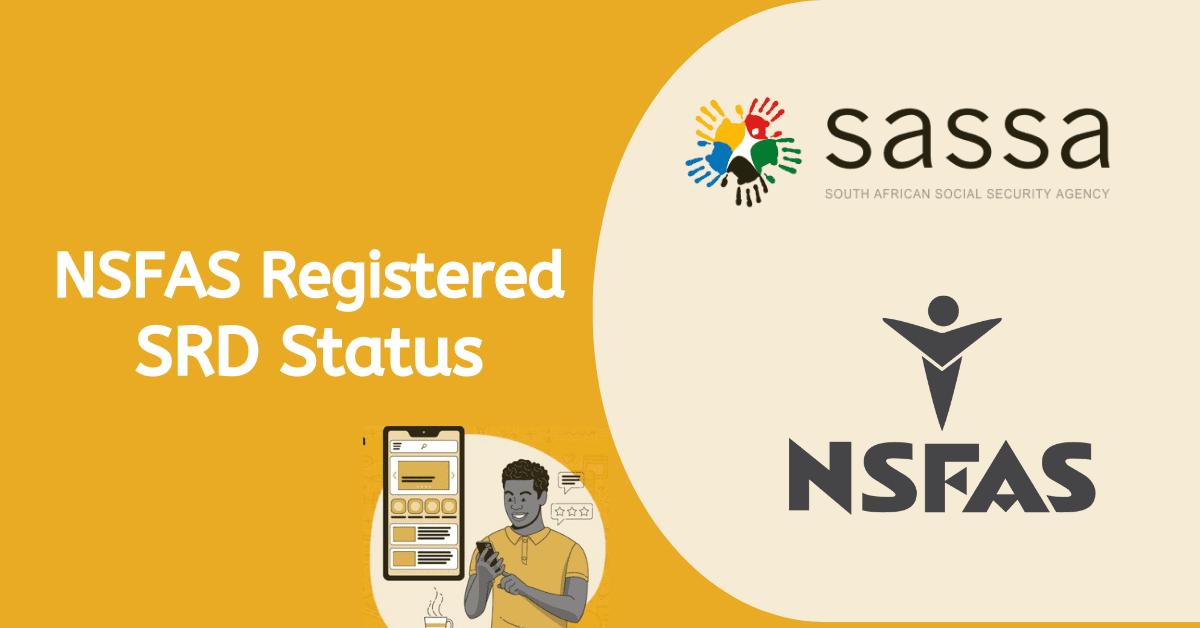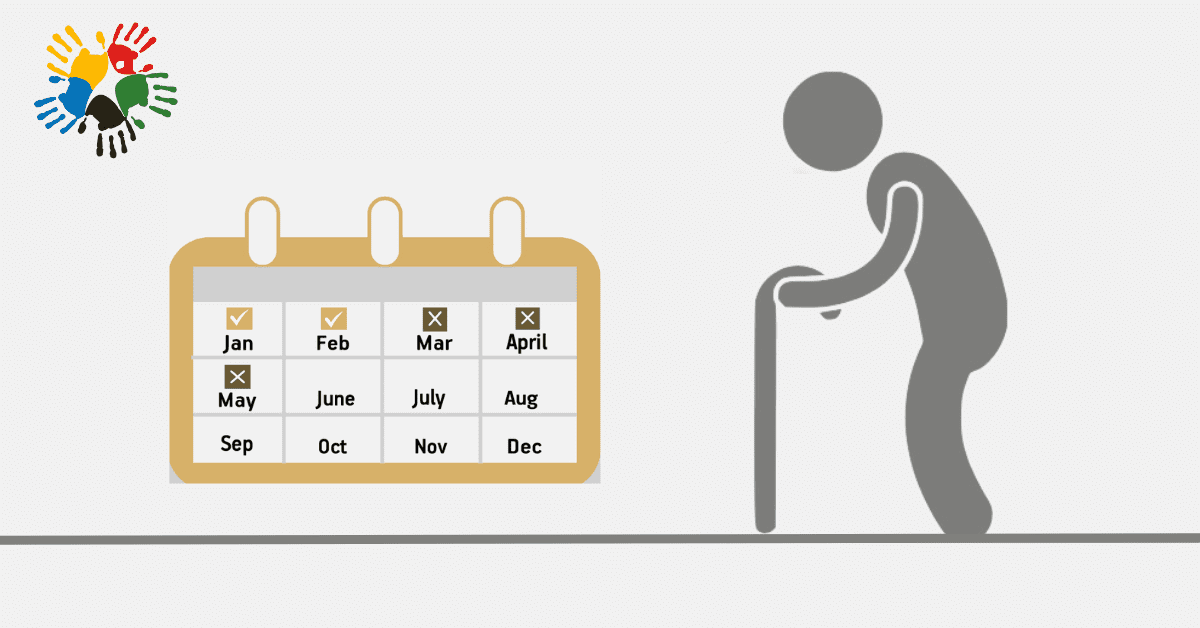SASSA is an acronym for the South African Social Security Agency, which provides SASSA grants to needy people in the country. For instance, SASSA provides children’s grants to the caretakers or parents so they can meet the kids’ monthly needs. However, if the caregiver’s circumstances change or improve, they can cancel the SASSA child grant. There are certain measures you should take to terminate this kind of child support. Read on to learn how to cancel the SASSA child grant
How to Cancel SASSA Child Grant?
If the beneficiary gets an increase in income or the child is no longer in their care, they can cancel the child grant. If you are looking after the child, you must report all the changes to SASSA so you may cancel the grant. SASSA can also cancel the grant if the child no longer meets the requirements. Therefore, taking the lead and terminating the child grant is a good idea before SASSA discovers anomalies that can be classified as fraud.
To terminate your SASSA child grant, you must visit your local SASSA branch and submit the following items:
- A copy of the latest payslip or letter of appointment
- Bank statements not older than three months
- Your national ID
- Child’s birth certificate
When you submit these documents, SASSA officials will verify them and approve your request to terminate the grant. You should not feel pressured to cancel the child’s SASSA grant unless you no longer meet the requirements.
Why Is My SASSA Grant Not Paid?
SASSA is usually overwhelmed by the number of applicants for the Social Relief of Distress Grant (SRD). For instance, SASSA states that more than 7.5 million applied for grants between 2021 and 2022, but the majority of them have not received any funding. If you apply for a grant and it takes time to get the money, you should be patient.
SASSA conducts many verification checks to ensure that only deserving candidates receive the money. Cases of fraud are common, and other applicants simply try their luck even when they earn income above the threshold to be approved. Therefore, verification involves activities like checking the applicant’s bank account to see if they deserve to get funding.
SASSA also performs a means test to establish if the applicant deserves to get financial assistance. If your income exceeds the stipulated threshold, your SRD application will be declined. SASSA verification for grant applications can take several weeks or months, which can affect the disbursement of payments.
When SASSA Is Approved but No Payday?
If you check your SRD grant application status and realize that it is marked “Approved,” it means your payment is yet to be processed, but you will get it once the process is complete. To increase the chances of your SRD grant application getting approved, be sure to provide all the required documents. You can visit your nearest SASSA branch to get assistance when you submit your application.
Why Is SASSA Pending So Long?
When you apply for the SRD R350 grant, you can notice a “Pending” status for an extended time. If you get a “Pending” status, it means your application is yet to be approved. SASSA will still be in the process of verifying your details before approving the application.
Another reason for getting the “Pending” status is that SASSA handles large volumes of SRD grant applications. Therefore, the influx of applications can cause a system delay. When your turn comes, your application will be processed, and you will get a result of whether it has been approved or rejected.
SASSA verifies the payment for each month, and there is no way beneficiaries can get double payments. This means SASSA must first clear its outstanding backlog before processing the current payments. Therefore, you must constantly check your SRD grant status to check updates. If your application passes the verification process, your name, surname, and ID number are validated with the Department of Home Affairs to ensure accuracy.
SASSA can also use your ID number to check other databases such as NSFAS, UIF, and SARS to see if you are not receiving any other grant or if you have another source of income. SASSA will scan your ID and phone number to prevent fraud. If your application is successful, your payment is processed, and you can get it through the Post Office, your preferred bank, or cash sent.
SASSA may ask the applicants to provide further information on top of what they provided when they first applied for specific grants. If you are requested to provide additional details, try to respond quickly to avoid delays in the processing of your payment.
How Do I Claim Unpaid SRD Grant?
If you are eligible for an unpaid SRD grant, you can claim it by following certain steps. First, you should ensure you meet all the requirements to qualify for the grant. To get an SRD grant, you must be a South African citizen or refugee, and SASSA also considers your employment status and age.
Once the verification is conducted and you are eligible, you should complete an application form and provide the necessary documentation. Once the payment has been approved, you can go to your nearest post office, where you will present your ID to withdraw the money. The Ministry of Social Development usually announces the cutoff date for the beneficiaries to collect their unclaimed R350 grants.
Many people face financial challenges in South Africa, making it difficult to look after their children or other dependents. The government provides a SASSA child grant program to help provide a better living for the kids. Anyone who earns income below a certain threshold is eligible to apply for financial aid.
You need to provide the necessary documents to receive the money. However, you can cancel the SASSA child grant if your circumstances change or improve. You can do this by visiting your local SASSA branch, where an official will assist you.
